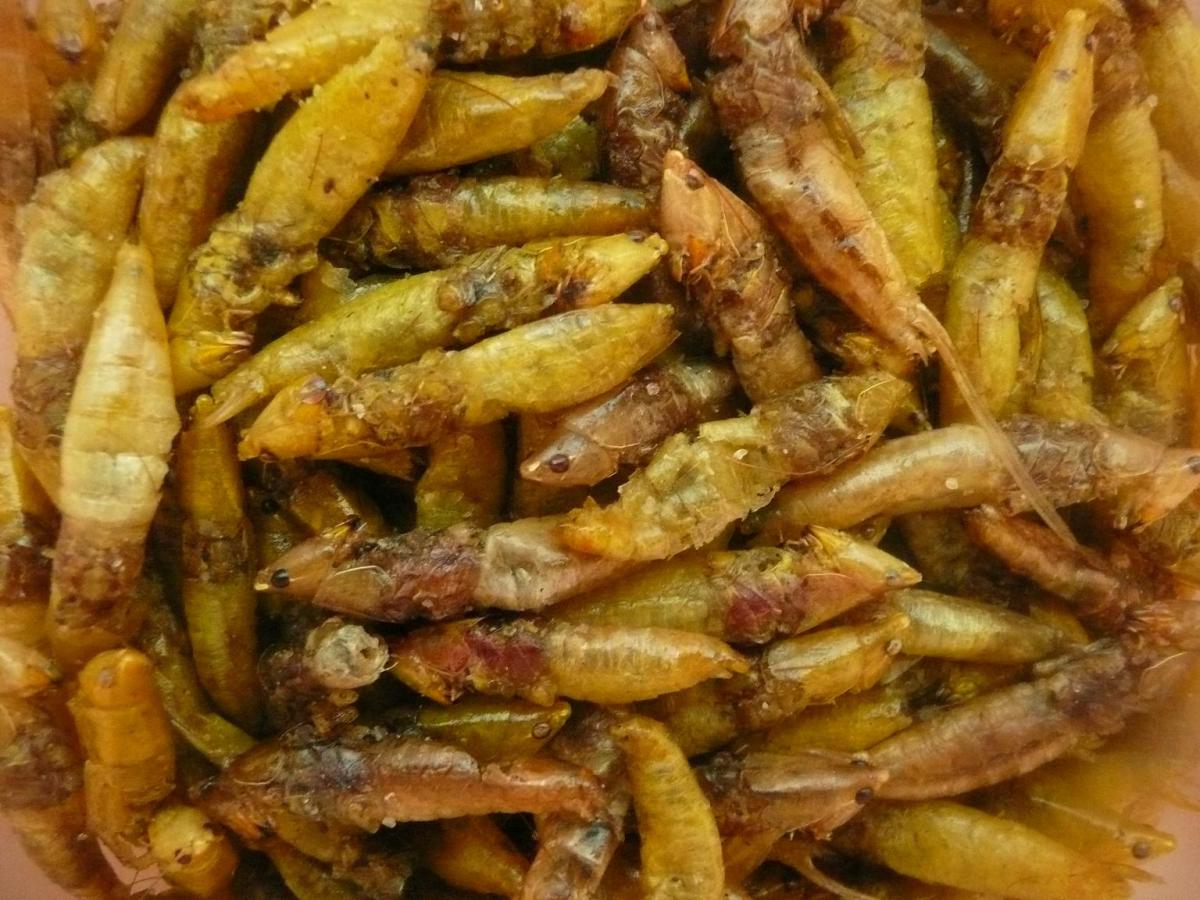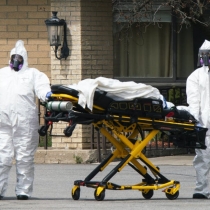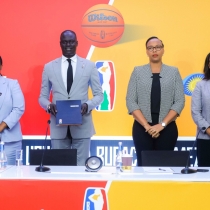
Edible Insect Dealers Urged to Seek UNBS Services, Consumers Cautioned on Vigilance
The Uganda National Bureau of Standards (UNBS) called upon all edible insect dealers to seek UNBS certification to ensure the safety of their products for public consumption. This is in line with the UNBS mandate of developing, promoting and enforcing standards in protection of public health and safety, and the environment against dangerous and sub-standard products.
In March 2022, UNBS launched the Edible Insects Standard, US 2146:2020 Edible Insects –Specification, in collaboration with Makerere University School of Food Technology, Nutrition and Bio-Systems Engineering (Food Science) with support from the International Centre of Insect Physiology and Ecology (ICIPE), to the facilitate commercialization of edible Insects.
The standard is aimed at promoting safe consumption of edible insects which are harvested, processed, and traded on the Ugandan Market. The quality assurance measures within the standard involve analysis of unwanted biological and chemical substances that may contaminate the insects during the process of harvesting, processing, packaging or transportation.
UNBS also urged Public Health Inspectors to be vigilant and ensure that edible insect traders do not contaminate the insects during the processes of harvesting, processing, packaging and transportation.
The standard, US 2146:2020 Edible Insects –Specification, specifies the requirements, sampling and test methods for edible insects which include Grasshoppers (Nsenene), White Ants, Termites, Crickets, among others.
Some of the standard requirements state that the edible insect, whether, whole or granulated or powder or paste and either fried or dried will:
- Be free from adulterants, extraneous material and objectionable odour.
- Be free from infestation and contamination from pests.
- Comply with the maximum pesticide residue and veterinary residues limits established by CODEX Alimentarius commission for similar commodities.
- Not contain heavy metal contaminants in amounts which may represent a hazard to health
- The maximum content of aflatoxins in edible insects when determined following the method described in US ISO 16050 shall not exceed 5 μg/kg for aflatoxin B1 and 10 μg/kg for total aflatoxins.
- Be hygienically produced, prepared and handled per the provisions of appropriate sections of US EAS 39
- Be packaged in food-grade containers which will safeguard the hygienic, nutritional, and organoleptic qualities of the product, and more.
- Each package of edible insects shall be legibly and indelibly labeled with the name of the product “Edible insects” and the common/scientific/local name of the insect, brand name/trade name, name and physical address of the manufacturer, storage conditions, expiry date and more.
Detailed requirements can be got from the standard that is available on the UNBS website. UNBS also urged consumers to be vigilant when buying edible insects for consumption, and report traders suspected to be dealing in substandard edible insects or dubious harvesting, processing, packaging and transportation of edible insects practices.
Links
- 125 views












































Join the conversation